As we age, we all eventually face an associated decline in muscle mass and strength. This medical term for this natural progression is sarcopenia. While estimates vary, the median loss of muscle mass in the old is measured to be roughly .5% per year in men, and slightly less than that for women. This rate tends to accelerate the older we get. By the age of 75, muscle loss can reach 1% per year in men on average. Sarcopenia can result in a loss of mobility and function, and severely reduce the physical activity of the individual. It may even be a key contributor to death in many individuals. Sarcopenia is also regularly associated with other symptoms common to aging such as osteoporosis (loss of bone mass), reduced insulin sensitivity, and increased inflammatory markers. Given the potential severity and unavoidable nature of this condition, sarcopenia treatment is a major focus in clinical medicine. Thus far, however, there is little consensus among physicians and researchers on how to best treat it.
Muscle-building drugs such as anabolic steroids have been tested in the treatment of sarcopenia. While they have proven successful in many cases, there are also concerns over the potential health risks of elderly patients taking these drugs. Whether this is a well-founded position or not, many researchers are looking at different avenues for countering age-related muscle decline. Noting the link between poor sleep patterns and interruption of the normal anabolic hormone cascade including testosterone biosynthesis, researchers at Universidade Federal de Sao Paulo in Brazil have examined the impact of sleep on sarcopenia in a recent paper. The findings were just published in the journal Ageing Research Reviews, and are seemingly quite straightforward. They assert that poor sleep patterns and interrupted circadian rhythm, which is common in the elderly, are directly associated with declined anabolic hormone output, insulin resistance, and intensified catabolic (muscle-wasting) signaling in muscle.
The take-home message from this study is that a lack of sufficient sleep may be a key factor in sarcopenia in many individuals. They suggest that in addition to other interventions, clinicians might see notable success with their patients by identifying and targeting sleep disturbances. Restoring a healthy circadian rhythm could help preserve or at least reduce the rapid rate of muscle loss in many of these patients if their assertion is. While the links between poor sleep patterns and anabolic hormone interruption are well established, sarcopenia treatment targeting sleep has not yet been well explored and remains a hypothesis at this point. Seemingly logical, however. And who would argue we should get less sleep? We’ll be sure to keep you posted if there are any major updates to this story. For now, seems like good advice to take your rest seriously.
Reference:




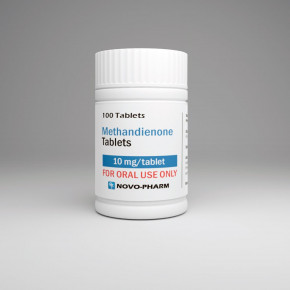

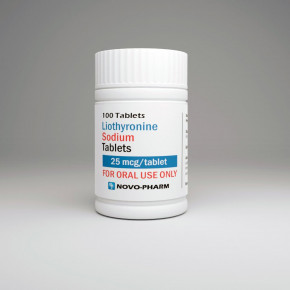



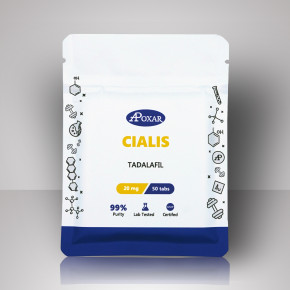

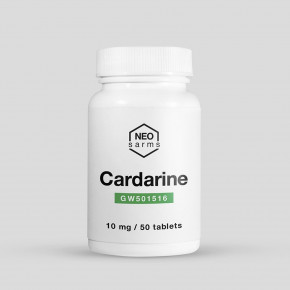
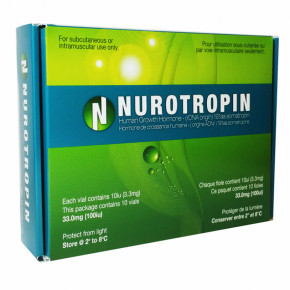

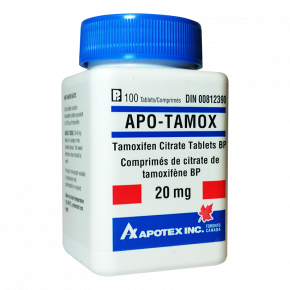

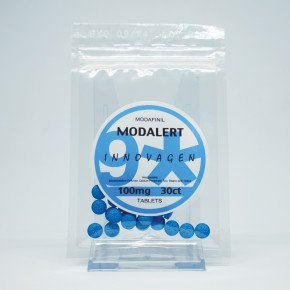









 Free delivery for orders over $400
Free delivery for orders over $400